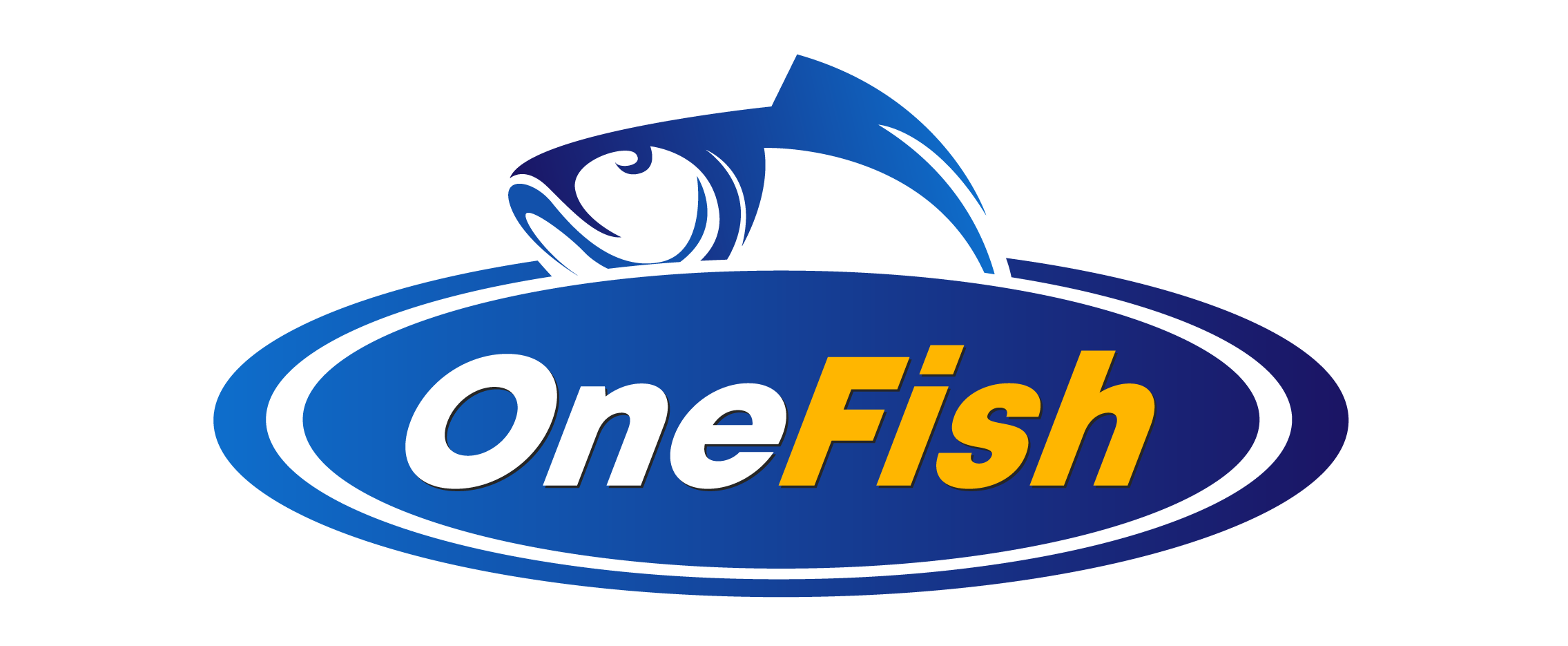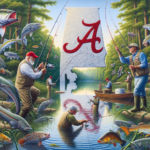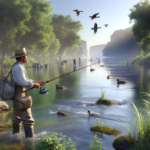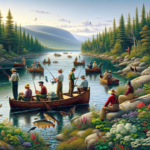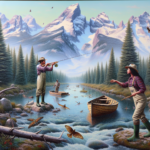Fishing in North Carolina: Coastal, Inland, and Mountain Waters
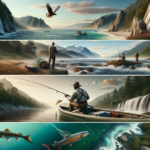
Introduction
Did you know that North Carolina is home to some of the most diverse fishing opportunities in the United States? From the coastal waters of the Atlantic Ocean to the serene mountain streams, North Carolina offers a fishing experience for every angler. This article will explore the various fishing opportunities available in North Carolina, focusing on coastal, inland, and mountain waters. Whether you’re a seasoned angler or a beginner, understanding the best fishing spots, techniques, and species can significantly enhance your fishing experience.
Fishing in North Carolina matters because it not only provides recreational enjoyment but also supports local economies and promotes conservation efforts. Knowing where to fish, what techniques to use, and how to prepare can make your fishing trips more successful and enjoyable.
Background/Context
Historical or Cultural Significance
Fishing has been an integral part of North Carolina’s culture and history for centuries. Native American tribes, such as the Cherokee, relied on the state’s abundant waterways for sustenance. Over time, fishing evolved from a means of survival to a popular recreational activity. Today, North Carolina’s fishing culture is celebrated through various festivals, tournaments, and community events.
Geographical Overview
North Carolina’s diverse geography includes coastal plains, rolling hills, and mountainous regions. The state’s climate varies from humid subtropical in the coastal and inland areas to temperate in the mountains. This diversity creates a wide range of ecosystems, each supporting different fish species and fishing opportunities.
Key Points/Details
Fishing Techniques
Technique Overview
North Carolina offers a variety of fishing techniques, including fly fishing, surf fishing, and deep-sea fishing. Fly fishing is popular in the mountain streams, while surf fishing is common along the coast. Deep-sea fishing charters are available for those looking to catch larger species offshore.
When and Where to Use
Fly fishing is best in the mountain streams during spring and fall when water levels are optimal. Surf fishing is ideal during the warmer months along the Outer Banks and other coastal areas. Deep-sea fishing is available year-round, but the best seasons vary depending on the target species.
Recommended Gear
- Fly Fishing: Lightweight fly rods, floating lines, and artificial flies.
- Surf Fishing: Long surf rods, heavy-duty reels, and bait such as shrimp or cut bait.
- Deep-Sea Fishing: Heavy-duty rods and reels, braided lines, and a variety of lures and baits.
Species Information
Species Overview
North Carolina’s waters are home to a wide range of fish species. In coastal waters, anglers can target species like red drum, flounder, and Spanish mackerel. Inland lakes and rivers are known for bass, catfish, and crappie. Mountain streams are famous for their trout populations, including rainbow, brown, and brook trout.
Best Practices
To successfully catch these species, it’s essential to understand their habits and preferred habitats. For example, red drum are often found in shallow coastal waters, while trout prefer cold, clear mountain streams. Using the right bait and techniques, such as live bait for bass or artificial flies for trout, can significantly increase your chances of success.
Location Information
Top Fishing Spots
- Coastal: Outer Banks, Cape Hatteras, and Wrightsville Beach.
- Inland: Lake Norman, Jordan Lake, and the Neuse River.
- Mountain: Great Smoky Mountains National Park, Nantahala River, and Davidson River.
Regulations and Licenses
Fishing in North Carolina requires a valid fishing license, which can be obtained online or at local retailers. Regulations vary by location and species, so it’s essential to check the North Carolina Wildlife Resources Commission’s website for the latest information on catch limits, size restrictions, and seasonal closures.
Seasonal Considerations
Seasonal Variations
Fishing conditions in North Carolina change throughout the year. Spring and fall are generally the best seasons for fishing, as water temperatures are ideal for most species. Summer can be productive, especially in coastal areas, but anglers should be prepared for hot weather. Winter fishing is possible, particularly for species like trout in mountain streams.
Best Times to Fish
The optimal times to fish vary by species and location. Early morning and late evening are typically the best times for most species, as fish are more active during these cooler periods. Tides also play a crucial role in coastal fishing, with incoming and outgoing tides often providing the best opportunities.
Events and Tournaments
Event Overview
North Carolina hosts numerous fishing events and tournaments throughout the year. Popular events include the Big Rock Blue Marlin Tournament in Morehead City and the Cape Hatteras Anglers Club Invitational Surf Fishing Tournament. These events attract anglers from across the country and offer significant prizes.
Preparation Tips
To prepare for a fishing tournament, it’s essential to practice your techniques, familiarize yourself with the tournament rules, and ensure your gear is in top condition. Researching the specific location and target species can also give you a competitive edge.
Tips and Best Practices
General Tips
- Always check the weather forecast before heading out.
- Use local bait and lures to increase your chances of success.
- Practice catch and release to help preserve fish populations.
Avoid Common Mistakes
- Not checking local regulations and licenses.
- Using the wrong gear for the target species.
- Fishing at the wrong times or locations.
Advanced Techniques
- Mastering the art of fly casting for more accurate and longer casts.
- Using fish finders and other technology to locate fish more effectively.
- Experimenting with different baits and lures to see what works best.
Gear and Equipment Recommendations
Essential Gear
- Fishing rod and reel appropriate for the target species.
- Fishing line, hooks, and sinkers.
- Bait and lures specific to the target species.
- Tackle box with essential tools like pliers, scissors, and a knife.
Optional Gear/Upgrades
- Fish finder or depth sounder.
- Waders for fly fishing in mountain streams.
- Cooler for storing your catch.
Where to Buy or Rent
Local bait and tackle shops, such as Neuse River Bait & Tackle in Kinston or Great Outdoor Provision Co. in Raleigh, offer a wide range of gear and equipment. Online retailers like Bass Pro Shops and Cabela’s also provide extensive selections.
Safety and Conservation
Safety Tips
- Always wear a life jacket when fishing from a boat.
- Be aware of weather conditions and seek shelter if necessary.
- Use sunscreen and stay hydrated, especially during hot weather.
Conservation Practices
- Practice catch and release to help maintain fish populations.
- Respect local wildlife and habitats by not littering.
- Follow all fishing regulations and guidelines.
Planning Your Trip
Accommodations
North Carolina offers a variety of accommodations near popular fishing spots. Options range from campgrounds and cabins in the mountains to beachfront hotels and vacation rentals along the coast. Some recommended places to stay include the Ocracoke Harbor Inn on the Outer Banks and the Pisgah Inn in the Blue Ridge Mountains.
Travel Tips
When planning your trip, consider the best routes to your fishing destination. Major highways like I-40 and I-85 provide easy access to many fishing spots. If you’re flying, Raleigh-Durham International Airport and Charlotte Douglas International Airport are convenient options.
Additional Activities
North Carolina offers plenty of activities for non-fishing time. Explore the state’s beautiful hiking trails, visit historical sites like the Biltmore Estate, or enjoy water sports such as kayaking and paddleboarding.
Frequently Asked Questions (FAQs)
Do I need a fishing license in North Carolina?
Yes, a valid fishing license is required for both residents and non-residents. Licenses can be purchased online or at local retailers.
What are the best times of year to fish in North Carolina?
Spring and fall are generally the best times for fishing, but opportunities are available year-round depending on the species and location.
Can I fish in North Carolina’s state parks?
Yes, many state parks in North Carolina offer excellent fishing opportunities. Be sure to check specific park regulations and obtain any necessary permits.
Conclusion
Fishing in North Carolina offers a diverse and rewarding experience for anglers of all skill levels. From the coastal waters to the mountain streams, the state provides a wide range of fishing opportunities. By understanding the best techniques, species, and locations, you can enhance your fishing trips and make the most of what North Carolina has to offer. So grab your gear, get your license, and head out to explore the rich fishing heritage of the Tar Heel State.
Whether you’re looking to try a new technique, visit a new location, or prepare for a fishing event, this guide has provided you with the essential information to get started. Happy fishing!
